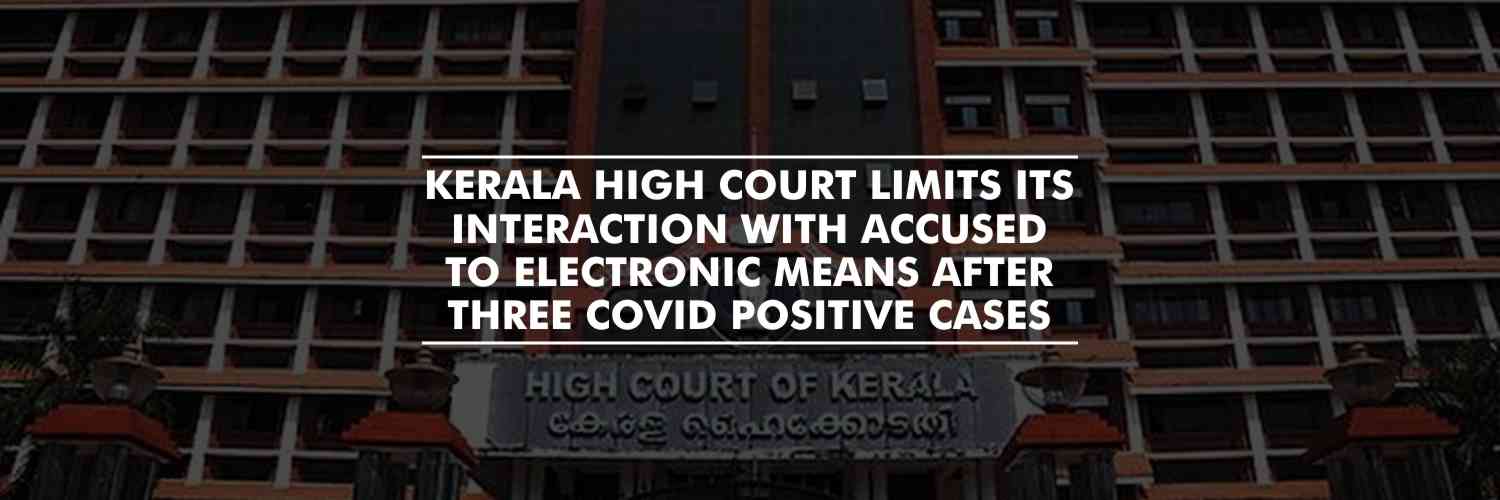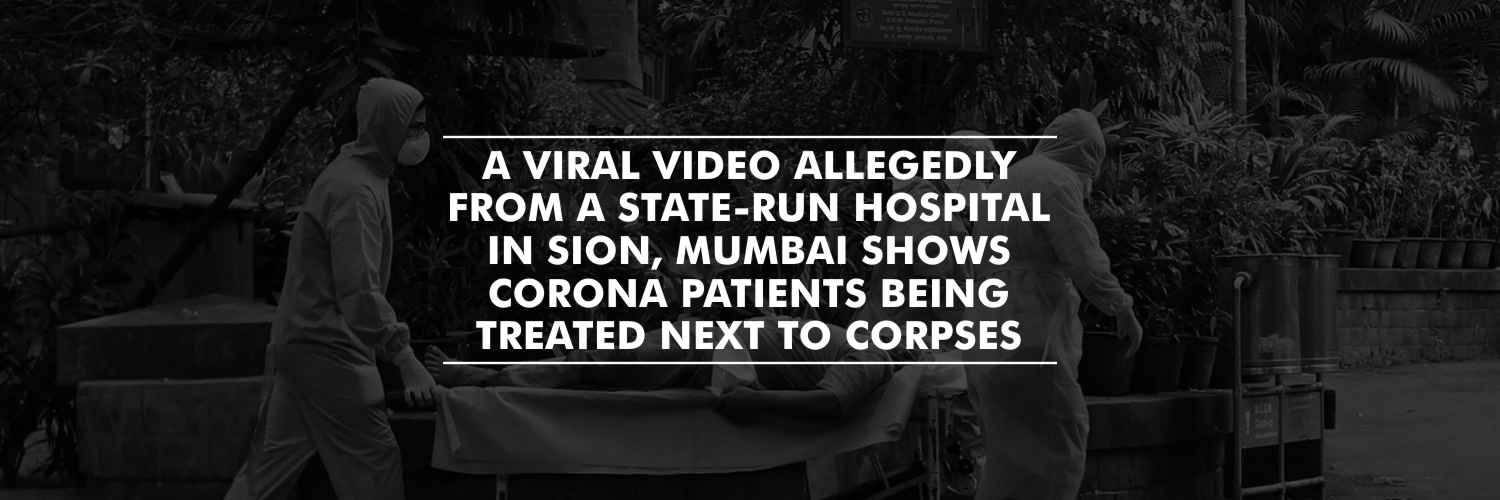Supreme Court recently recommended prosecuting agencies to present material which is preferably collected beforehand before the sessions court disclosing psychiatric and psychological evaluation of the accused in offence carrying capital punishment at the appropriate stage.
The bench comprising Justice UU Lalit, Justice Ravindra Bhat and Justice Bela M Trivedi noted that conducting this form of psychiatric and psychological evaluation close on the heels of the commission of the offence, will provide a baseline for the appellate courts to use for comparison, to evaluate the progress of the accused towards reformation, achieved during the incarceration period.
The apex court bench issued guidelines to be followed while deciding on capital punishment.
The bench added that there is an urgent need to ensure that mitigating circumstances are considered at the trial stage, to avoid slipping into a retributive response to the brutality of the crime, as is noticeably the situation in a majority of cases reaching the appellate stage.
The top court observed that the trial court should elicit information from the accused and the state.
“The state, must – for an offence carrying capital punishment – at the appropriate stage, produce material which is preferably collected beforehand before the Sessions Court disclosing psychiatric and psychological evaluation of the accused,” stated the bench.
The bench added that this will help establish proximity (in terms of timeline), to the accused person’s frame of mind (or mental illness, if any) at the time of committing the crime and offer guidance on mitigating factors.
In the guidelines, it was also recommended state to collect additional information pertaining to the accused, which includes age, early and present family background, type and level of education, socioeconomic background, Criminal antecedents, Income and the kind of employment and Other factors such as the history of unstable social behaviour, or mental or psychological ailments.
This information should mandatorily be available to the trial court, at the sentencing stage and the accused too should be given the same opportunity to produce evidence in rebuttal, towards establishing all mitigating circumstances, the Supreme Court bench said.
The bench added, “Lastly, information regarding the accused’s jail conduct and behaviour, work done (if any), activities the accused has involved themselves in, and other related details should be called for in the form of a report from the relevant jail authorities (that is, probation and welfare officer, superintendent of jail, etc.).”
“If the appeal is heard after a long hiatus from the trial court’s conviction, or High Court’s confirmation, as the case may be – a fresh report (rather than the one used by the previous court) from the jail authorities is recommended, for a more exact and complete understanding of the contemporaneous progress made by the accused, in the time elapsed. The jail authorities must also include a fresh psychiatric and psychological report which will further evidence the reformative progress, and reveal post-conviction mental illness if any,” the bench stated.
The top court added, “The goal of reformative punishment requires systems that actively enable reformation and rehabilitation, as a result of nuanced policymaking. As a small step to correct these skewed results and facilitate a better evaluation of whether there is a possibility for the accused to be reformed (beyond vague references to conduct, family background, etc.), this court deems it necessary to frame practical guidelines for the courts to adopt and implement, till the legislature and executive, formulate a coherent framework through legislation.”
SC Commuted Sentence Of 3 Accused From Death Penalty To Life Imprisonment
The three-judge bench issued guidelines while hearing appeals of three murder accused. Supreme Court commuted their sentence from the death penalty to life imprisonment for a minimum term of 25 years.
The top court commuted their sentence on the grounds of their young age at the time of the incident, lack of criminal antecedents, and reports received from the Superintendent of Jail which reflect that each of the three accused, has a record of overall good conduct in prison and display inclination to reform.
The accused were convicted under Section 302 of the Indian Penal Code and were awarded the death penalty by First Additional Sessions Judge, Indore. A Division Bench of Madhya Pradesh High Court at Indore upheld the decision.
The appellants, Manoj, Rahul alias Govind and Neha Verma, were convicted of offences punishable under the Indian Penal Code for murdering three persons during a robbery on June 19, 2011.






